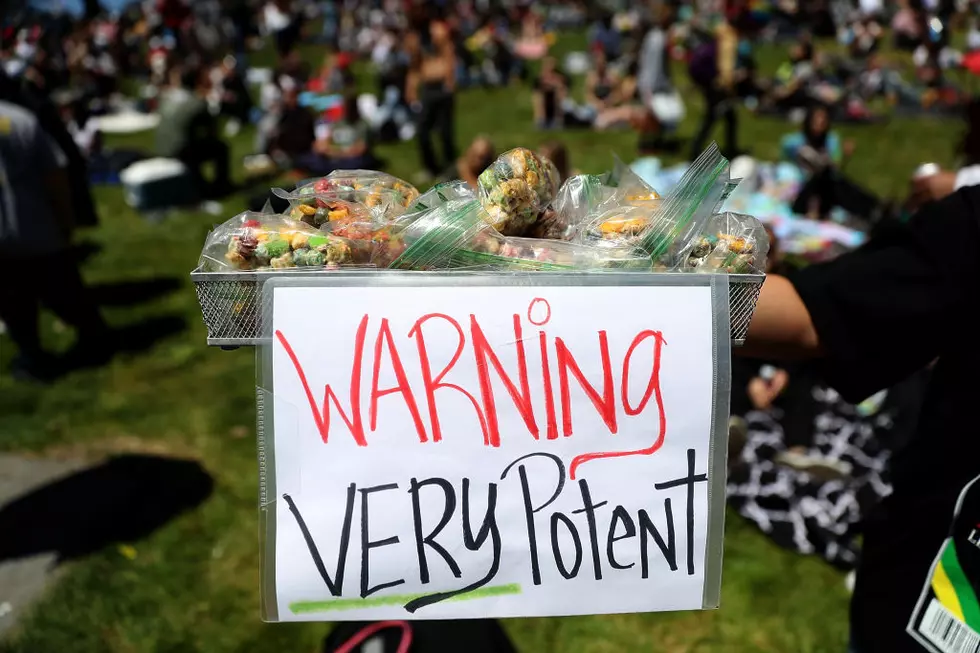
Be Careful of COVID-19 Vaccine Scams
Be careful before clicking on that vaccine email, text or phone message. Scammers are cashing in on the COVID-19 vaccine roll outs.
BBB Scam Tracker is getting reports of COVID cons ranging from calls phishing for personal information, to phony messages claiming you need to pay to guarantee your dose. If you are eligible to receive the vaccine, be sure to double check any messages before sharing personal information.
How the Scam Works
You get a phone call, social media message, or an email saying you are eligible to receive the COVID-19 vaccine. It appears to comes from a friend, a public health official, or someone from a local hospital or clinic. You start to schedule your appointment, but quickly find there’s a catch. The person who contacted you needs personal information or requires you to pay up front.
“I gave [the scammer] my Medicare number and confirmed my name and address,” one victim told the BBB. “He said he was going to come out to my house to administer the [COVID-19] test, and then the vaccine but he never showed.”
No matter what scammers insist, be sure to check it against information from your local government or official news sources. Even if you don't pay up, sharing personal information with scammers opens you up to the risk of identity theft.
How to Spot a Coronavirus Vaccine Con
- Know your region’s plan for rolling out the vaccine. In the United States, each state has its own process for dispensing the vaccine. Check with local government or the health department.Understanding the process in your area and how you can expect to be contacted will help you spot a scam.
- Research carefully: Scammers are very creative, so be skeptical of anything that seems too good – or crazy – to be true. None of the vaccines can be currently purchased online or in stores.
- Check with your doctor: If you want a vaccine early, reach out to your healthcare provider about your options. If you don't have a primary care physician, check out the official website of your local health department for more information.
- Guard your government-issued numbers. Never offer your Medicare ID number, Social Security number, health plan information, or banking information to anyone you don’t know or trust.
- Think the link may be real? Double check the URL. Scammers often buy official-looking URL domains to use in their cons. Be careful to ensure the link destination is really what it claims to be. If the message claims to be from the local government, make sure the URL ends in .gov. When in doubt, perform a separate internet search for the website or call the source directly.

See Striking Photos of the Tourism Industry During COVID-19
More From Big Frog 104









